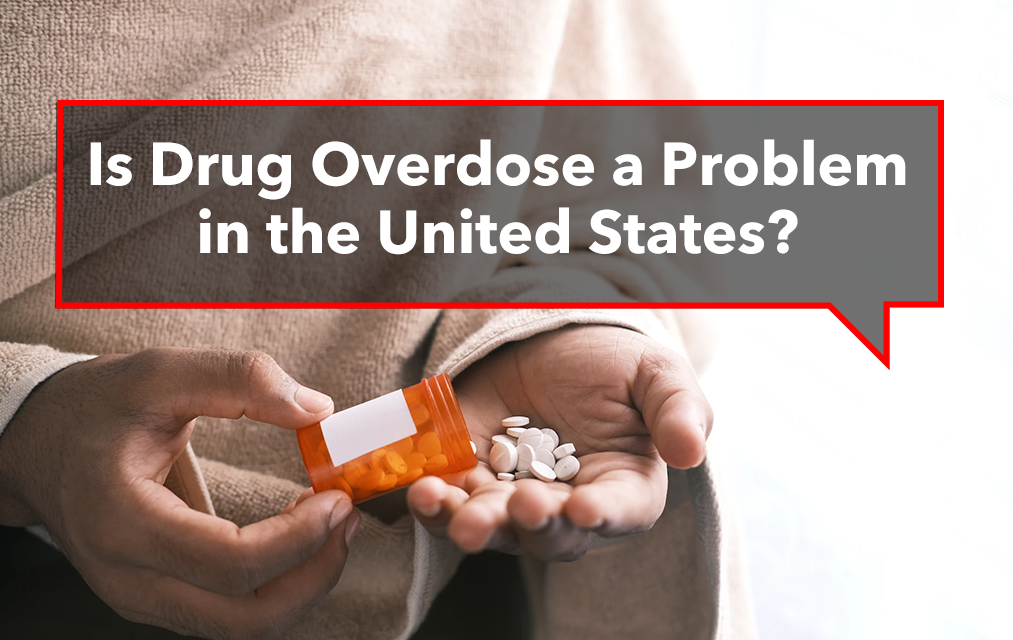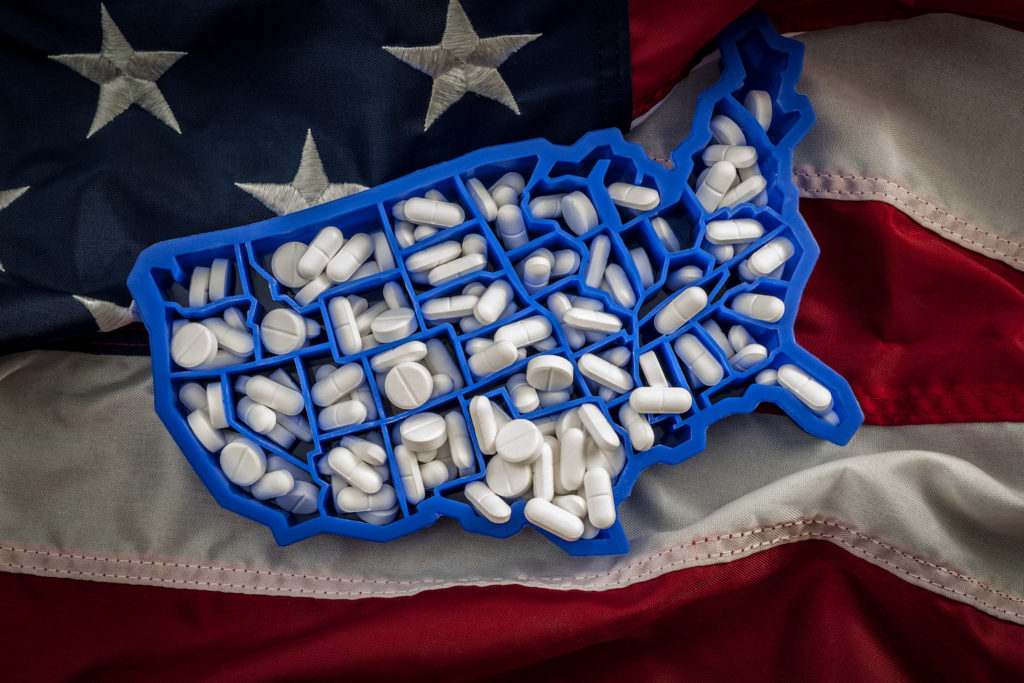Is Drug Overdose a Problem in the U.S.?

According to research, about 5,000 Texans died of an overdose in 2021. In the same year, Texas received 4,000 opioid-related calls, as the Texas Poison Center Network reported, with at least 8,000 opioid-associated emergency room visits in 2020 alone. These stats show that drug overdose is a concerning problem in Texas. The following article discusses this in more detail.
The United States is battling a drug crisis. According to analysts, the problem escalated with the overprescription of pain medications. However, the availability of heroin and synthetic opioids such as Fentanyl has escalated the crisis in recent years. Today, it threatens national security and is a burden on the economy. Opioid misuse eats up tens of billions of dollars every year.
Opioids, in particular, gained a lot of popularity in the 1990s among doctors to treat patients who have undergone cancer treatment or surgery. However, in the 2000s, physicians started prescribing opioids for chronic joint and back pain.
One of the most commonly used illegal opioids back then was heroin. However, with the increase in the supply of other drugs, there was an overdose of drugs other than heroin. Today, people have started turning toward synthetic opioids like Fentanyl.
According to the US Drug Enforcement Agency, Fentanyl has accelerated the opioid crisis. Some officials also call it the “manufactured death” because it’s cheap to buy and fifty times more dangerous than heroin. Unfortunately, in some places, Fentanyl is prescribed as a painkiller, escalating the problem.

Combined with other drugs like cocaine and alcohol, overdosage results in many health-related issues and even death. It’s also important to note that according to some research, many physicians prescribed opioids because they felt pressured to prescribe this medication instead of other alternatives like acupuncture and physical therapy. In some cases, patients requested such medications because they were readily available in the market and did not cost much compared to other treatments. Many pharmaceutical companies started marketing these drugs considerably, which caused doctors to turn toward them.
What is the US Doing To Fight Against Drug Overdose?
On the federal level, the Centers for Disease Control and Prevention (CDC) is committed to taking a strong stand against the opioid overdose issue. It supports states and communities in fighting the outbreaks, responding to help calls, and providing support to those who need it the most. The agency also collects data to identify the spread of the problem.
One of the CDC’s initiatives is the Overdose Data to Action (OD2A), a three-year agreement that provides funding to health departments across 47 states, two territories, 16 cities, Washington DC, and other counties. This agreement aims to keep track of drug overdoses, enhance linkages between people and support organizations, and improve toxicology to keep track of polysubstance-associated deaths. It also helps with executing prescription drug monitoring programs, partnering with public safety organizations, and implementing interventions focused on health systems.
A further focus of the CDC is:
– Monitoring current trends on overdose to amplify research and create policies around it.
– Advance research by analyzing data regarding opioid dosages and enhancing data quality.
– Provide data to payers, providers, and healthcare systems to make decisions regarding patient safety and opioid prescriptions.
– Collaborate with community and public safety organizations to deal with growing concerns of illicit opioid use.
– Enhance public awareness regarding the misuse and overdose of opioids to make safe choices.
Conclusion
Drug overdose is a significant problem in America, and spreading awareness is important. Various organizations are working to fight the epidemic and support as many people as possible countrywide.
Consider Think Before You Sleep a resource for more information and support against overdosage. Let’s improve awareness together.

